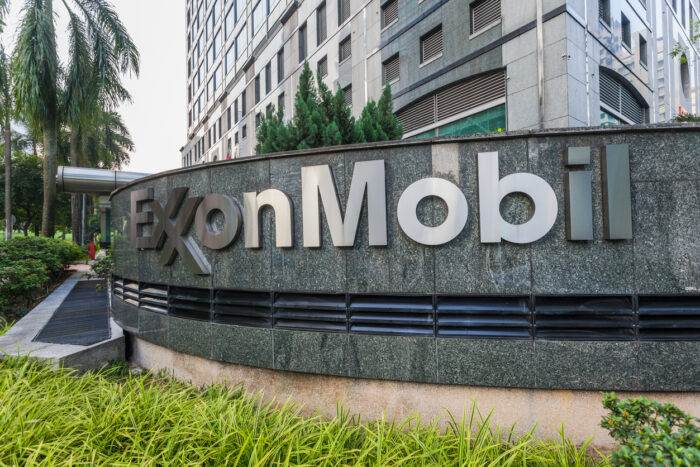Despite an escalating territorial dispute between Venezuela and Guyana, ExxonMobil announced in a press release on Monday that the company remains steadfast in its commitment to long-term operations in Guyana. The dispute centres around the Essequibo region, of which Venezuela claims ownership and, consequently, has called for companies operating there to withdraw within three months.
ExxonMobil to remain in Guyana for three months despite territorial disputes

In response to Venezuelan President Nicolás Maduro’s proposal, ExxonMobil Guyana released a social media statement reiterating its dedication to Guyana and its intention to continue expanding production offshore in accordance with its agreement with the Guyanese government.
Venezuela’s push for the withdrawal of companies operating in the Essequibo region, known for its mineral wealth and proximity to significant oil deposits, comes amid legislative efforts to ban Guyana-operating companies in Venezuela. President Maduro asserts the authority to issue such orders following a December 3 referendum aimed at annexing the Essequibo area.
The natural oil and gas exploration and excavation giant is currently producing 600,000 barrels of oil daily from over 40 successful wells in Guyana’s Essequibo region. The company has also received approval to develop three additional areas believed to hold more oil deposits.
Don’t miss out the latest news, subscribe to LeapRate’s newsletter
The Essequibo region is not only crucial for oil but also hosts many of Guyana’s major gold, diamond, and manganese mines, predominantly owned by Canadian companies. Despite Maduro’s ultimatum, no companies, including Chinese timber operations in the area, have yet to react publicly.
Guyana’s President, Irfaan Ali, reassured investors that there is no reason to fear and encouraged investors to explore their shares freely. As tensions persist, Ali and Maduro are set to meet in St. Vincent and the Grenadines on Thursday, with regional leaders urging diplomatic talks to prevent further conflict in this contentious territorial dispute.